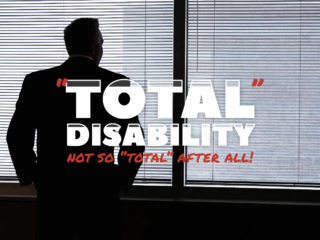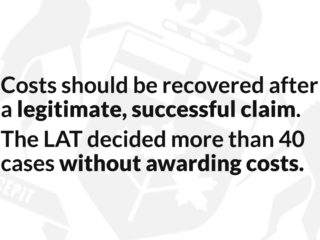Full Decision
Guest Author – Christine Sesek, Howie, Sacks & Henry LLP.
Despite the benefits and efficiency of using video conferencing for hearings, it is not appropriate in every case. In Southampton Nursing Home v. Service Employees International Union, Local 1 Canada, 2020 CanLII 26933, an arbitrator had to consider whether an arbitration hearing would continue remotely utilizing some form of electronic attendance such as “Zoom”, “Skype”, “Facebook” or other video conferencing platforms.
After three days of hearings (almost two and one-half years ago), the parties scheduled two additional days to be held on April 21 and 22, 2020, which occurs in the midst of the COVID-19 health crisis and mandatory social distancing makes it impossible to proceed with the hearings in person.
The Union argued to proceed with the hearings on their scheduled dates remotely, using video conference technology. The Employer, a nursing home in a small rural community, disagreed and requested an adjournment of the arbitration to a date much later in the year when circumstances will optimistically permit the parties to hold their hearings in person.
After a review of the general principles and assessment of the recent cases decided under conditions where in-person hearings are not possible due to the pandemic, the Arbitrator came to the following conclusions:
- In the face of the present health crisis the “new norm” is that the hearing will presumptively proceed as scheduled utilizing a form of remote attendance through videoconferencing or other technologies agreed upon or determined appropriate;
- Which is subject to rebuttal or limitation by an objecting party that must show compelling reasons justifying a contrary result;
- To be assessed by the arbitrator, if necessary, balancing the interests of the parties, including the need to maintain the essential integrity and fairness of the hearing process; and
- Having regard to the particular facts and circumstances of each case.
The Arbitrator dismissed the Employer’s objection to continuing with the hearing by way of a videoconference utilizing Zoom or some similar technology based on credibility concerns alone.
Ultimately, the Arbitrator found that there were other circumstances independently justifying the adjournment of the arbitration proceedings which existed outside of any consideration of the use of videoconferencing technology to fairly receive the parties’ evidence, noting: “The reality that the Employer is a Long-Term Care facility facing what is an overstatement to describe as an existential threat caused by the sudden outbreak of a pandemic virus that is particularly lethal to the population of vulnerable seniors who are entirely dependant upon the nursing home staff for their very survival, which must command the staff’s full attention at the same time that the arbitration proceedings are scheduled to reconvene.”
The Arbitrator also found that the Employer’s Administrator “continuing attendance at the arbitration is reasonably necessary for the fair hearing of the Employer’s case, although realistically impossible where I find the circumstances of the current COVID-19 health crisis requires her fully attention to the needs of the elderly residents at the Home as its on-side leader, at least through the next several weeks covering the expected peak period of risk.”
The Arbitrator concluded that the Employer met its onus to show compelling reasons justifying the adjournment of the arbitration hearings scheduled for April 21 and 22, 2020, thereby rebutting the presumption in the shadow of the prevailing COVID-19 pandemic of otherwise proceeding remotely on those days.
However, the Arbitrator held that, “this does not mean the hearing must be deferred while the health crisis is ongoing to any degree or for an inordinate period of time. Rather, it requires a reasonable assessment by the parties of their ability to continue the hearing at some future date after the anticipated peak in the danger to the Home’s residents has passed, utilizing videoconferencing technology as necessary where the prohibition on gatherings and social distancing continues, under my supervision as arbitrator to provide direction if the parties cannot agree”.












